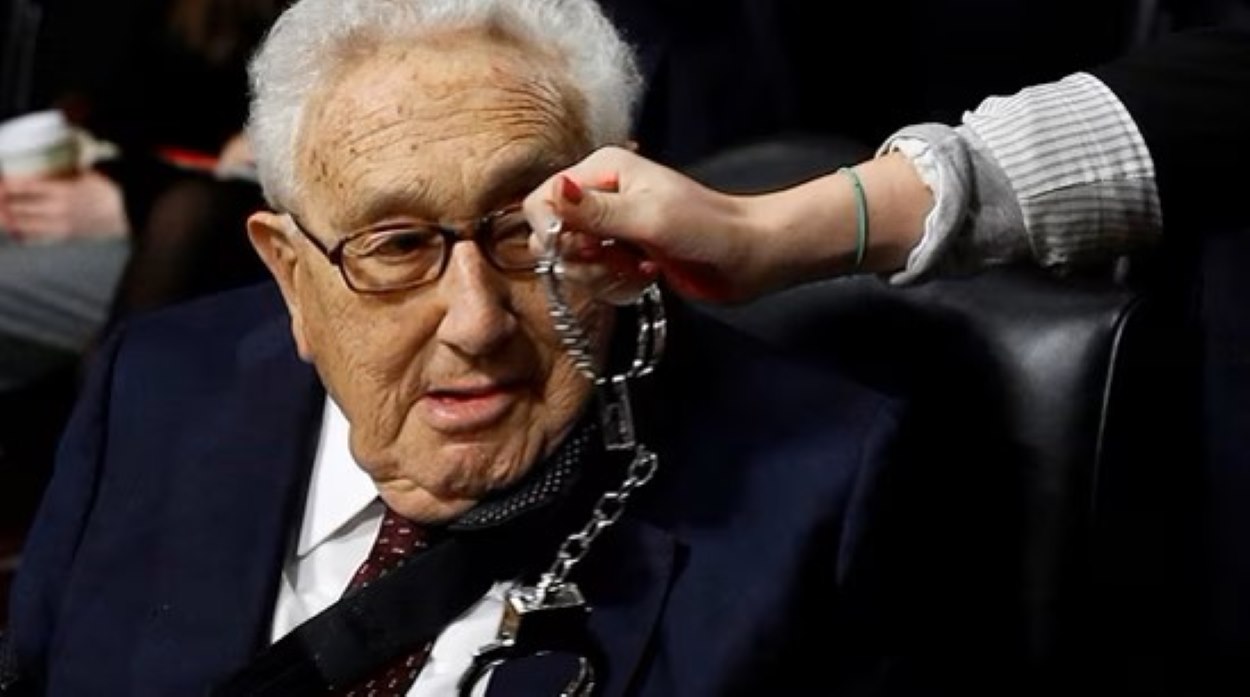Henry Kissinger, a central figure in American foreign policy, passed away at 100, leaving behind a legacy that has sparked much debate. His role in history, often described as “diplomacy,” is a blend of diplomacy and duplicity that has significantly influenced global events.
Kissinger’s influence on U.S. foreign policy was profound, with his decisions continuing to affect the course of global politics. His tenure as a high-ranking official involved making pivotal decisions that shaped the world’s geopolitical landscape.
According to Yale historian Greg Grandin, Kissinger’s policies during his eight-year tenure were responsible for the deaths of millions. His aggressive foreign policy, characterized by a preference for military intervention over diplomatic negotiations, set the stage for many prolonged conflicts.
Kissinger’s Global Influence and Aftermath
Kissinger’s strategy during the Vietnam War included extensive bombing campaigns in Vietnam and Cambodia. This approach led to significant civilian casualties and long-term consequences, including ongoing issues with unexploded ordnance.
Despite his role in these conflicts, Kissinger was awarded the Nobel Peace Prize in 1973, a decision that has been widely criticized considering his involvement in sabotaging peace efforts.
Kissinger’s influence extended to South Asia, where he supported actions that led to genocide in East Pakistan (now Bangladesh). In Latin America, he backed right-wing coups, contributing to political upheaval and human rights abuses. His involvement in Middle Eastern affairs often hindered peace efforts and demonstrated a callous disregard for human life.
Even after leaving office, Kissinger remained influential in U.S. foreign policy, notably during the Iraq War. His endorsement of military strategies led to significant civilian casualties.
Kissinger’s ability to evade accountability for his actions has been a point of contention, demonstrating how powerful individuals can sometimes escape consequences for their decisions.
Kissinger’s legacy is a stark reminder of the complexities of international politics and the consequences of prioritizing national interest over human life. As current conflicts like those in Gaza continue, it’s evident that the attitudes and approaches championed by Kissinger still resonate within some U.S. policy circles. His passing brings to the forefront the need for critical evaluation of historical figures and their impact on global affairs.






